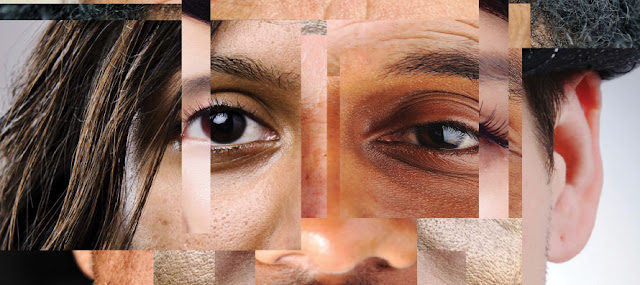No One Like Us (Poem)

Who really are we? Is a good but tough question. Do we have a life based who we are, or in discretion? Is there an approach for us to understand us better? Releasing ourselves from self-restraints like fetters We have contrasting dimensions even in oneself There is definitely something beyond the public self Charactetistics both for us and others are well-known Everything about us clearly to public we have shown Besides there are things and traits we are blinded Try hearing what others say; never be close-minded Perception by others, we ourselves are unaware Society see something but we don’t, sounds unfair? Be attentive, not everything about us we are in control Even how much we try, thus there’s always a loophole Intriguigingly there is segment of us we keep hidden Traits we withhold for life like truth that is forbidden This a confirmation that every single manages a facade Presenting ourselves reasonably to be applaud In this way some people...









